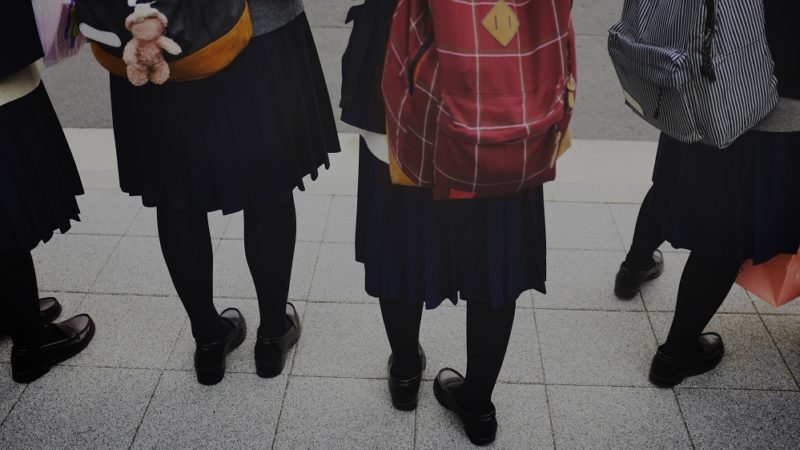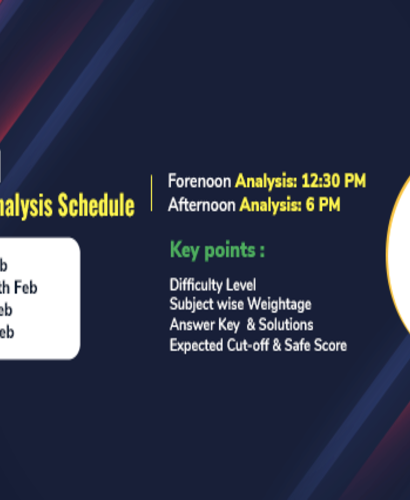How Middle-Class Education Has Been Affected by School Fees Hike
In a time when the world is becoming radically globalized, parents want their children to get the best education. Sadly, it is becoming more difficult for parents to afford quality education for their kids due to the fee hike in both private and public schools in India. School fees in private schools increase by 10% yearly. This has forced parents to dig deeper into their pockets for their children’s education while their quality of life reduces. Furthermore, low-income families are finding it impossible to afford a private school education for their children.
A few years ago, it became clear that most Indians prefer taking their children to private schools. Studies show that private schools make up 66% of the total schools in urban areas. Additionally, 50% of children both in the rural and urban regions attend a private school. The truth is that the quality of education is better in private schools than in public ones and parents are willing to go the extra mile. However, schools are having a hard time justifying the hike in school fees, and that is where the friction begins.
Why does the cost of private education keep rising?
Over the years, it has become clear that the government cannot regulate the cost of private schools, meaning they can increase the price at will. Aside from inflation, schools say that they increase costs to cater for the 25% quota of the right to education act. In other schools like the Noida Global Indian International School, one might say that it is due to the curriculum they offer, infrastructure and teacher incentives. The thing is though the Noida school fees are almost similar to several other private schools in India.
The Noida GIIS offers the Global Montessori Program for preschoolers. Being an award-winning institution for quality education also sets it apart from other schools. When you look at it like that, you’re probably not going to argue when you see the fees structure. But how accessible is such an education to low-income families? According to research, an employee gets an average increase in salary of 7% per year. This is only for people working in private jobs.
The thing is that private schools are run like private businesses. As much as they have the best facilities and the most qualified teachers, they still want to make a profit from their investment. This is against the law, which states that private schools must not run for profit under the Right of Children to Free and Compulsory Education Act 2009 and the RTE Model Rules 11(1).
Studies have shown that about 25% of students go for private tuition- the fact that most private schools use to justify costs. Teachers who put in the extra hours have to be compensated. Other things that make the price of private education high are the extra-curricular activities, school trips, damage or caution fees, among others. Most parents, however, do not feel like all the factors mentioned above justify the constant increase of 30-50% of school fees.
How have the middle class been affected?
The recent pandemic has affected families and education in a significant way. Parents have lost their jobs, and education has moved online. The rise in unemployment has led to an increase in the poor population in India. The increase in school fees for both private schools and public schools has made education inaccessible to these families. The shift to online education has not made it easier because not all families can afford the necessary gadgets needed for learning.
Parents are being forced to enrol their children in unregistered private institutions which have terrible working and learning conditions. A- list private schools have not been affected as much because wealthy and high-income families can continue to pay any amount requested by the schools. It has become increasingly difficult for parents to get extra work to supplement their income in the current times.
The situation is not different in higher institutions of learning. Students from low income and middle-class families have been protesting the hike in school fees but to no avail. Private schools have stood their ground, and the government is doing nothing about it. People think that the move to increase school fees in public schools is a way to privatize these institutions and more kids are being left without access to basic education.
As the school fees increase the scholarships and grants awarded by the state or national government have not increased the amount awarded. This goes to say how insensitive the education system has become because even with a fellowship or grant a student still can’t afford their school fees. Keep in mind some private institutions underpay their teachers. This speaks volumes about the quality of education in some of these schools? Parents will always want the best for their children, but in such situations, it becomes hard for the middle class and low-income families to provide the same.












